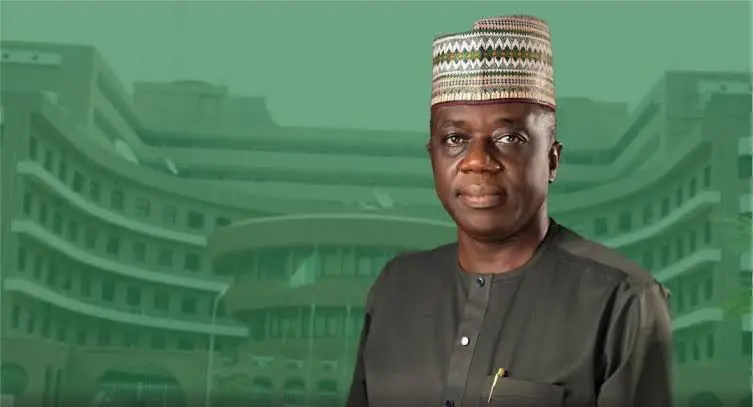Nigeria’s Accountant General, Shamseldeen Ogunjimi, has been elected to a leadership role within Africa’s key public finance oversight body, marking a significant nod to the country’s influence in fiscal governance. The announcement, confirmed by a statement from the Office of the Accountant General of the Federation, revealed Ogunjimi’s appointment as Deputy Chairperson of the Executive Committee of the African Association of Accountants General (AAAG). The decision followed a vote during the association’s Annual General Meeting in Accra, Ghana, on July 28, 2025.
Formed in 2023 under the African Union Commission’s guidance, the AAAG unites senior financial officers from 22 nations to advance Public Financial Management (PFM) reforms across the continent. The body prioritizes standardized accounting practices, transparent reporting, and improved accountability in government expenditure, aiming to strengthen economic stability and public trust. Its creation reflects a broader continental push to harmonize fiscal policies amid evolving global economic challenges.
Ogunjimi’s election underscores Nigeria’s growing recognition as a proponent of robust financial governance, according to the statement issued by spokesman Bawa Mokwa. It noted that the appointment signals confidence among African peers in both Ogunjimi’s leadership and Nigeria’s commitment to fiscal integrity. Analysts suggest the role could amplify Nigeria’s voice in shaping policies to combat corruption and mismanagement of public funds, issues that have long hindered development in parts of the region.
In his new position, Ogunjimi is expected to collaborate with member states to modernize accounting systems, encourage knowledge-sharing, and implement innovative tools for tracking public resources. Key priorities include digitizing fiscal processes and aligning national frameworks with international accountability standards—a move seen as critical for attracting foreign investment and ensuring equitable resource allocation.
The AAAG’s work carries particular weight in Africa, where disparities in financial oversight have often led to uneven development outcomes. By fostering cross-border cooperation, the association aims to address systemic gaps, such as limited transparency in procurement and revenue collection. This year’s meeting in Accra also spotlighted ongoing challenges, including the need for greater youth inclusion in fiscal policymaking and the integration of climate resilience into budgeting processes.
While the AAAG remains young, its mandate aligns with continental initiatives like the African Continental Free Trade Area, which relies heavily on coherent financial systems to unlock economic potential. Ogunjimi’s deputy leadership role positions Nigeria to contribute actively to these goals, leveraging its experience in digital reforms such as the Treasury Single Account system, which consolidated government revenues to curb leakage.
The elevation of a Nigerian official to this regional post follows recent efforts by the West African nation to rehabilitate its international fiscal reputation, previously marred by gaps in anti-corruption enforcement. Experts emphasize that sustained commitment to AAAG’s objectives will be vital for translating governance pledges into measurable progress—a task now partly resting on Ogunjimi’s ability to bridge policy ambitions with on-the-ground realities.
